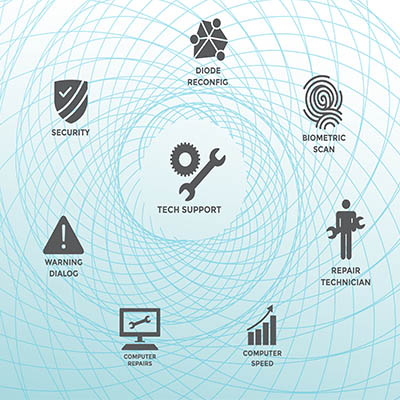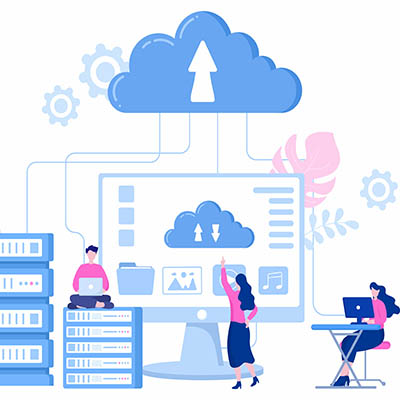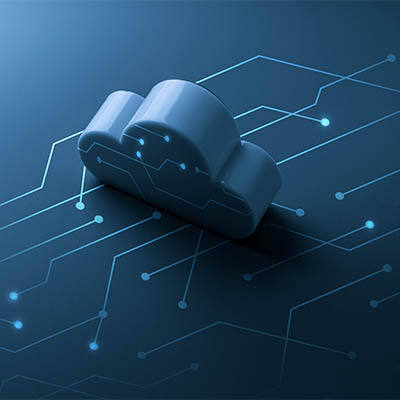The work landscape has changed quite a bit in a short period of time. Nearly 13% of American workers work from home full-time, while over 27% more work remotely part-time. With nearly two-fifths of workers working from home at least part-time, understanding what technology is behind this new normal and how to meet your business needs is critical.
Embracing the Digital Workforce Revolution
The rise of the digital workforce is reshaping business and business technology. Companies are now using this technology to manage their remote teams effectively. This shift towards remote work isn’t just a trend. It’s a revolution that’s here to stay. And at the heart of this revolution is remote workforce management technology.
From streamlining communication to tracking productivity, these technologies make remote work more feasible and efficient. They’re helping businesses overcome the challenges of distance and time zones, creating connections, and producing a more productive remote workforce.
Key Technologies Powering Remote Workforce Management
So, what are the key technologies powering remote workforce management? Let’s dive in.
Firstly, communication and collaboration tools are vital. They keep teams connected and build a collaborative work environment. Secondly, project management and time-tracking software help keep everyone on track. They ensure tasks are completed on time and productivity is maintained. Lastly, cloud computing plays a crucial role. It provides easy access to data and tools, regardless of location.
Communication and Collaboration Tools
Communication is the backbone of any team, more so for remote ones. These platforms facilitate real-time communication and collaboration. They help bridge the gap between remote employees and the office.
Project Management and Time-Tracking Software
Managing tasks and tracking time can be challenging in a remote setting. That’s where project management and time-tracking software come in. They provide transparency and accountability, ensuring everyone knows what to do. Time-tracking apps, on the other hand, help monitor productivity. They provide insights into how time is spent, aiding in performance evaluation.
Cloud Computing and Data Accessibility
Cloud computing has revolutionized remote work. It allows employees to access data and tools from anywhere, anytime. This flexibility is crucial for remote teams. It ensures that work can continue uninterrupted, regardless of location. Cloud-based tools are often scalable. They can grow with your business, making them a cost-effective solution for remote workforce management.
Cybersecurity to Protect Your Digital Team
In a remote work setup, cybersecurity becomes even more critical. Protecting company data is paramount, and technology plays a key role in this. Virtual Private Networks (VPNs) provide secure access to company networks. They encrypt data, ensuring it’s safe from potential threats. Also, offering regular cybersecurity training for employees is essential. It helps them understand the risks and adopt safe online practices.
The Role of AI and Automation in Remote Management
Artificial Intelligence (AI) and automation are transforming remote workforce management. They help streamline processes and improve efficiency. AI can automate routine tasks, freeing up time for managers. It can also analyze productivity patterns to help ascertain insights that can help your business move forward successfully. Incorporating AI and automation into your remote management strategy can lead to significant productivity gains. It’s a game-changer in managing a digital workforce.
With more workers working remotely than ever, it’s important that you know how to confront the situations these circumstances create. To see what we can do to help, give North Central Technologies a call today at 978-798-6805.







